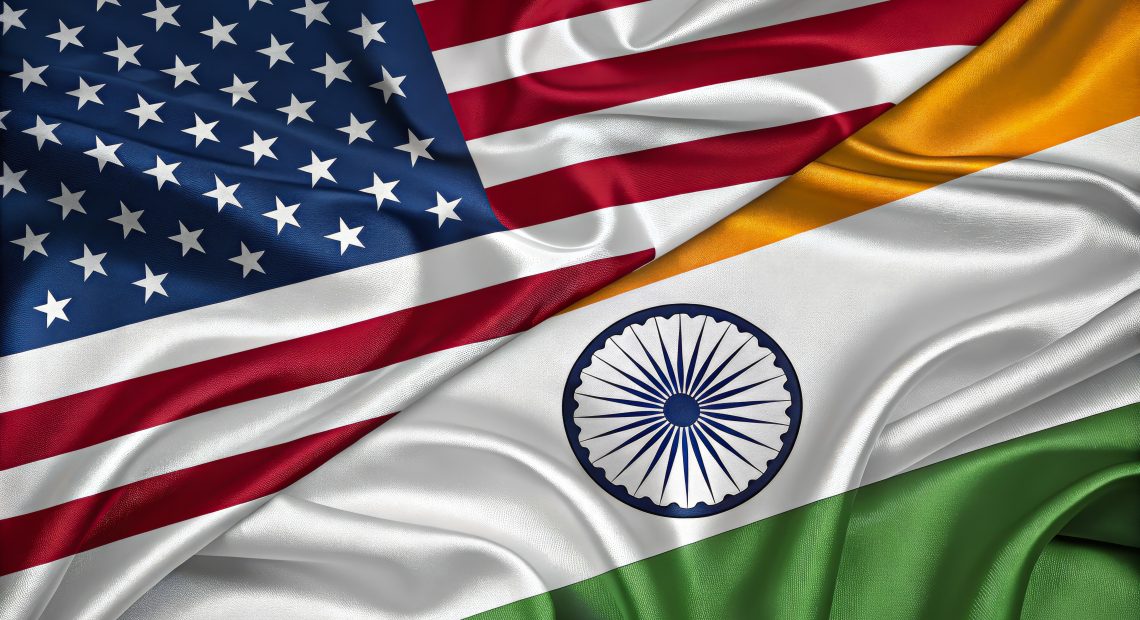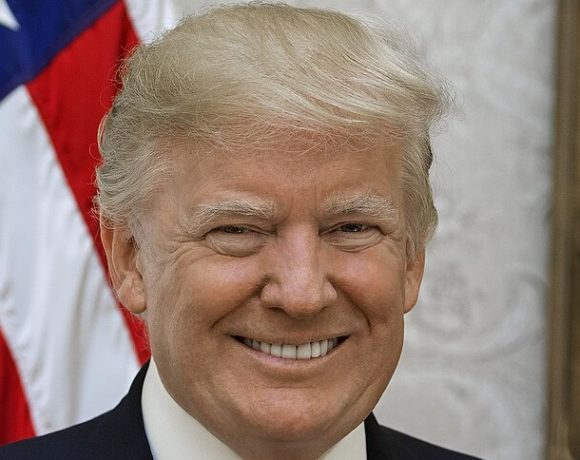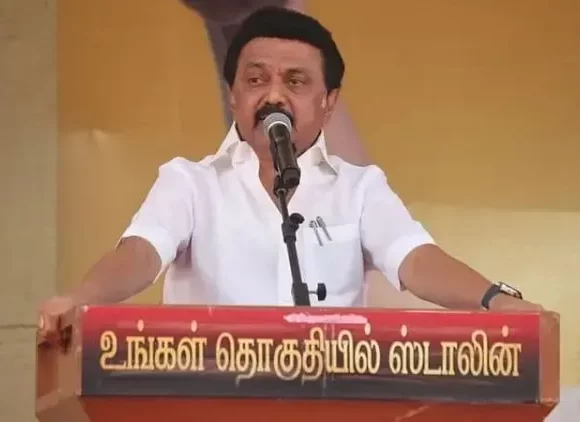
India-US Trade Deal Hits Snag Over Apples and GM Crops
India and the United States have made substantial progress toward a bilateral trade agreement, but key issues around agricultural imports threaten to derail finalization. Recent rounds of negotiations in New Delhi from June 5 to 10 highlighted significant tensions over market access for US-grown apples and genetically modified (GM) crops such as corn and soybeans.
American negotiators are pressing for steep tariff reductions, including a 50% cut on fresh apples—a move that could flood the Indian market and negatively impact domestic producers in regions like Himachal Pradesh and Jammu & Kashmir. India, however, favors a quota-based approach that limits market entry to protect its apple farmers. Authorities emphasise that concessions would consider both livelihood and economic impacts.
A deeper dispute centers on GM crops. GM corn and soybeans are widely used in US agriculture, but India remains cautious about introducing them into its food systems. While allowing limited imports could support ethanol-blending mandates and enable broader US exports like soybean oil and animal feed, New Delhi is wary of contamination risks and lacks robust tracking systems to enforce containment.
Behind the scenes, India’s think-tank Niti Aayog has encouraged selective imports of GM soybean under strict controls. This reflects a pragmatic shift amidst pressure to reduce the agricultural trade deficit, which stood at US $3.46 billion in 2023. Still, official caution remains strong, especially with weak monitoring and fragmented supply chains.
Meanwhile, both countries aim to sign an interim framework before July 8 to prevent reciprocal tariffs from being triggered. India is also negotiating tariff reductions on US-made almonds, pistachios, and walnuts, while demanding exemptions on its exports of textiles and automotive parts. The broader trade strategy includes reaching a full agreement by fall 2025, as part of a joint mission to double bilateral trade to $500 billion by 2030.
Farm-sector protections will determine the deal’s fate. India insists its farmers’ interests—tied to nearly half the population—must not be undermined. US negotiators counter that lowering tariffs and opening agri-markets will increase efficiency and fortify cooperation. With talks underway in Washington and New Delhi, both sides continue seeking early “wins” while grappling with critical farm-trade stand-offs.


















